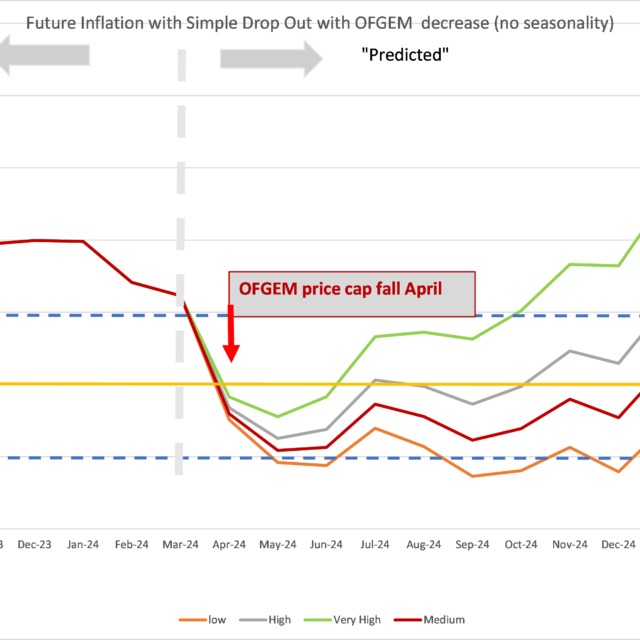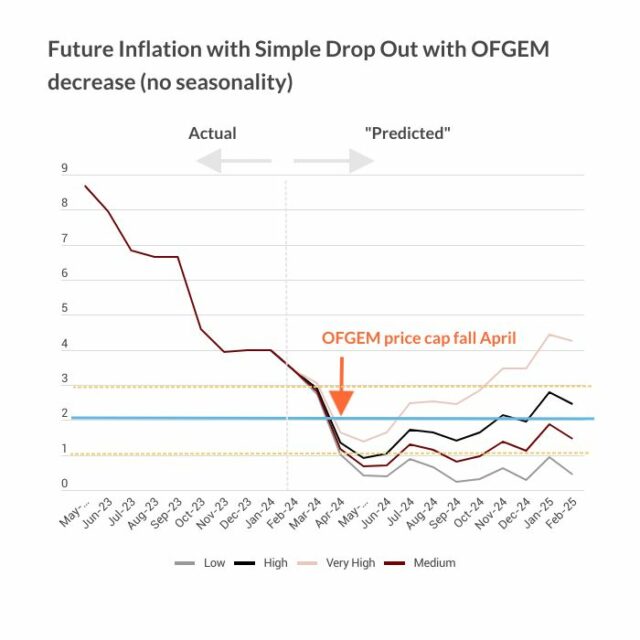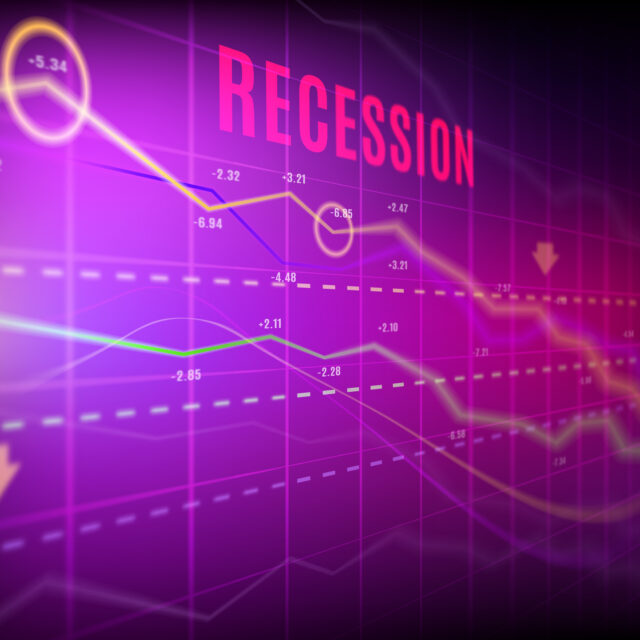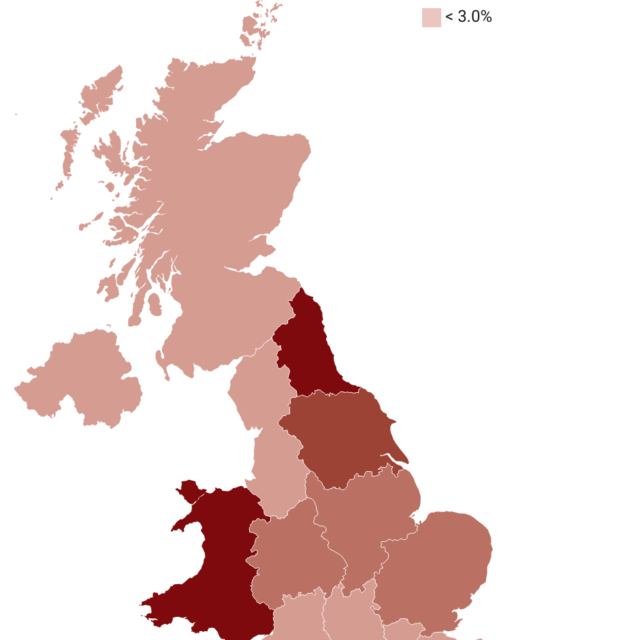The 2023 Survey of Economists
What is in store for the UK economy in 2023? Our Director Jagjit Chadha and our Deputy Director for Macroeconomic Modelling and Forecasting, Stephen Millard contributed to the annual survey published earlier this week by the Financial Times. We have grouped their answers in this blog.

- UK economy: Will the UK economy outpace or lag behind other developed economies in 2023 and how will it feel for households?
Jagjit: It will be a very difficult year for households, particularly those at the lower end of the income distribution. As there is a sharp fall in real disposable income, that will exhaust savings that will also be depleted by rising housing costs. Given the regional distribution of income, this will also act as a regional-specific shock that will increase the pressure to act on “levelling up”.
Stephen: The UK is likely to grow — but by very little — over 2023 and this will be roughly in line with other developed economies. Unfortunately, with real incomes continuing to fall, it will feel like a very tough year for households.
- Monetary policy: How tough will the Bank of England need to be in 2023 to curb inflation?
Jagjit: Base effects will lead to a rapid fall in inflation from the middle of next year. That is very much baked in, save a further escalation in energy prices or a fall in sterling. The BoE will have to be consistent in signalling a wish to bring inflation down to levels consistent with price stability but there is no need to jump in rapid steps to something much higher than 4 per cent. A gradual move with some leeway to move up or down the terminal level ought to bring inflation down in 2024 to something like 2 per cent, without leading to an unnecessarily large fall in demand.
Stephen: The MPC need to continue raising rates into 2023 if they are to curb inflation. I expect rates to reach 4.75 per cent by the time of their meeting in June.
- Fiscal policy: Will the government need to announce further tax raises in 2023 to maintain sound public finances?
Jagjit: Given national preferences for a better health and social care system, a need to build infrastructure and an increase in debt service costs, there is a need to raise taxes in line with total managed expenditure. The earlier this is done, the more we will be protected against any further negative income shocks.
Stephen: Given the falls in real income for households over the coming year, I can’t imagine that the government will announce any further tax raises. If the fiscal position worsens by more than is already expected, then they may announce tax rises for 2024 or beyond or they may change their ‘fiscal target’ to improve the fiscal position.
- Reasons to be cheerful: Will we see green shoots of recovery starting by the end of 2023?
Jagjit: Bank rate may not have to rise as high as the market currently expects to bring inflation on to a path to price stability. As the year progresses, we may also start to see labour market participation increase as savings deplete and the threats from Covid recede. Both of these events may create some further fiscal room.
Stephen: I am expecting the UK economy to be in recovery by the end of 2023. But I do not expect this recovery to be one in which the economy grows particularly strongly. It will just stop contracting!
- In perspective: What is the best historical comparison for the downturn the UK faces in the year ahead?
Jagjit: Interesting question. In 1726, the British economy suffered its third recession of the decade. A number of shocks contributed to the downturn. Real GDP fell by 3 per cent in 1726 and by 0.6 per cent in 1727. The downturn was quite diffuse. Source: “Dating Business Cycles in the United Kingdom, 1700-2010”, Stephen Broadberry, Jagjit Chadha, Jason Lennard and Ryland Thomas, Economic History Review (forthcoming).
Stephen: Hard to think of an exact comparison. Maybe the early 1990s recession, although the fall in real income at that time was much less than the fall in 2022-23.
- Is there anything else you would like to tell us?
Jagjit: The country seems likely to continue with anaemic growth for some years to come. This will contribute to a widening of household and regional inequalities in the absence of a decisive and sustained policy response, which seems unlikely given the events of the “mini” Budget and the caution that has subsequently been adopted.




















